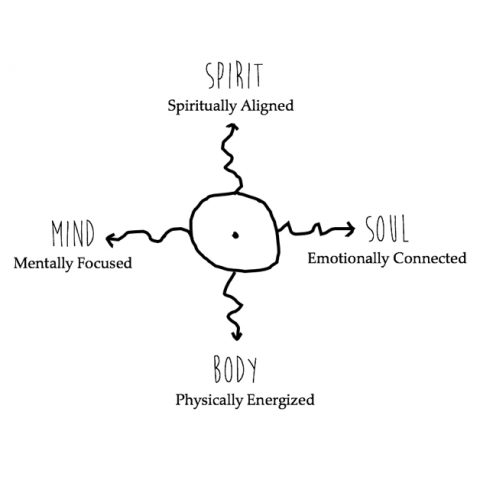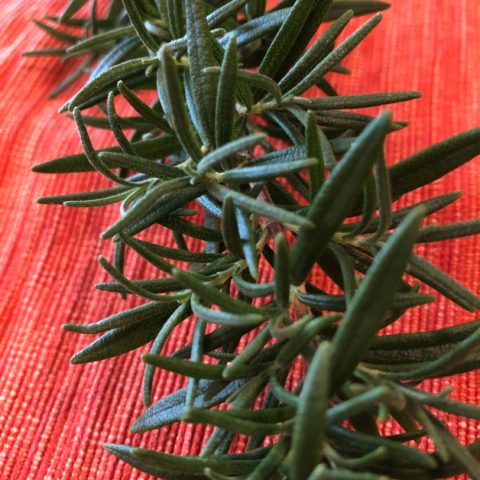Last week I said, “If you know where you are and know where you want to go, if you have a map and a compass, you can effectively navigate the swamp.”
Here’s the model I propose for a compass:

Last week we focused on being wrong about where you think you are. But sometimes your compass can mislead you.
This happened in the Boundary Waters, often. There were two sources of trouble:
- The closer you are to the North Pole, the more difficult it is for the compass to point to magnetic north. It actually helps to be father south to point north.
- The massive iron ore deposits of the Mesabi Iron Range were under our feet. While these deposits helped make Hibbing, Minnesota wealthy for a time, and gave young men without college degrees enough income to put shiny new Chevy and Ford trucks all over the roads of northern Minnesota, they confused the compass. The compass was convinced we were already at magnetic north, that there was no reason to travel further because we were already there.
When the compass is confused, the needle wanders. It moves around the dial and never settles. It is no help at all.
When that happens, it is a disappointment. The tool you hoped would guide you is worthless. So you put it away. And you seek other indicators.
If the sun is visible and you know what time it is, you use the sun. That’s how we got through those thirteen miles. Our mantra was “Keep the sun on your right shoulder.”
But sometimes the sun hides. So you look for other signs, subtle signs. You look for moss on the north side of tree trunks, and sometimes not even moss, just a softness to the bark.
When your compass fails you must move with caution, or you will make your situation worse instead of better.
The same is true of navigating life transitions.
If you are not sure where you are, if you are not sure of the direction you are headed, make no rash decisions. Move slowly. Pay attention. Listen. Feel.
Take a step, then check your bearings as best you can. Then take another step.
Don’t stop walking, but don’t rush.
Personal Update
Here’s another practice podcast 60 seconds about Leda, about the time before I got her.
Chewing the Cud of Good

Thankful for fresh Rosemary cut from my balcony, which I never would have planted had COVID-19 not happened.